NIGERIA @ 65: TURNING THE PAGE, REIMAGINING THE FUTURE FOR THE GREAT LEAP
By Ben Osawe
October 1, 1960, was a beautiful day. There was palpable excitement in the air; you could literally touch it. School children in their starched uniforms waved miniature Nigerian flags as they headed for the venue of one of the most memorable and historic events on the African continent.
Market women and traders closed shops, and men, motivated by the excitement of the moment, walked tirelessly to reach the venue of the historic event. Every discussion in homes and on street corners focused on the event that was about to take place. Officials of the British Colonial authority, in their regal best, arrived at the venue one after the other, walking briskly to their seats.
Then the big politicians, Fathers of the independence struggle, arrived one after the other in their flowing gowns, waving to the thunderous applause of the mammoth crowd before taking their seats. A few moments later, the British Governor General mounted the rostrum and delivered his speech, followed by the speech of the representative of the Queen of England.
Then the moment came for the lowering of the Union Jack and the handing over of the reins of British authority to the new independent Nigerian nation. This spectacle was greeted with thunderous applause and the waving of several thousand miniature Nigerian flags…This was yesterday, Independence Day in Nigeria!
As hope soared in the wake of independence, the nation was soon confronted with a pressing question: had the dream gone awry?
On Independence Day and the days following, there was renewed optimism, renewed hopes, dreams, and expectations for the dawning of a new day, new possibilities, and new opportunities for the new Nigeria.
From the onset, however, the ‘Nigerian dream’ was not defined in a coherent way during the nation’s independence struggle. What existed was a nebulous concept. A concept that promoted micro- nationalism and could therefore not serve as a coherent rallying point for the citizenry. Historically, the ‘Nigerian dream’, if there was any, has been sabotaged by the political elite and their military and business friends who have been involved in large-scale political and economic corruption, extensive fraud, ethnic rivalry, politicization of ethnicity, violence, and zero-sum political struggle.
Today, however, like a painful sore that has refused to heal, we are daily confronted with disturbing images … Painful images of young children, women, young men, marginalized and excluded and displaced rural multitudes who have been driven from their homeland by hordes of evil terrorists and bandits and abandoned by the state in makeshift internally displaced persons camps with a host of others joining the urban poor and multitudes in shanties long abandoned with no state presence in terms of social amenities. This beautiful land of endless possibilities is gradually being brought to its knees thanks to the battle for supremacy and struggles by the powerful and their minions, unbridled elite power, state capture, and exclusion of citizens, hoarded wealth and extreme poverty with 133 million of 200 million Nigerians living in multidimensional poverty, unemployment rate of 22 percent, death of infants and children before their fifth birthday parties as a result of malaria and other childhood killer diseases, the countless number of our young boys and girls who go through the motions of education within the four walls of a classroom but cannot read or write on completion of their education, the many graduates of higher institutions who though armed with certificates are unable to write simple coherent memos at their places of employment as a result of the collapse of the educational infrastructure pushing many young people to a category called ‘NEET (Not educated. Not employed, Not engaged) resulting in the emergence of deadly urban gangs driven by the drug crisis in urban centre which has resulted not only into the emergence of deadly gangs but a culture of death driven by the multiplicity of urban youth gangs in urban areas with the systemic collapse of infrastructure required to drive a modern and competitive economy etc. As a result of the social, political, and ethical crises, many citizens today have given up believing in the future as despair and hopelessness take over the land.

…NIGERIA’S 65TH INDEPENDENCE ANNIVERSARY AS A STRATEGIC THRESHOLD
The 1st of October 2025 marks Nigeria’s 65th year of independence. There are 1826 days, 261 weeks, and 60 months until 1st October 2030, when Nigeria will be 70 years as an independent nation. The year 2030 is an inflection point, a defining moment, a Kairos moment (Greek for moment of new beginning and change), presenting opportunities for renewal. Leveraging the Jubilee in 2030 enables critical shifts that will lead to the emergence of an alternative national ethical framework and social order. In the midst of the current decay and deterioration, the Nigerian nation has the spiritual and human infrastructure to trigger processes aimed at resetting, remaking, redefining, and re-ordering the Nigerian society through working between 2025 and 2030 to provide an alternative Nigerian narrative, ethical framework, and Social Order.
Nigeria, at its 65th independence in 2025, is in a position to choose between the future citizens accept and the future citizens create. The Independence Day of 2025 should have been one in which national and state leaderships showcase and model commitment to future-focused governance, which commits to turning the page, setting processes in motion for the reimagining of the Future for the great leap of our nation by 2030. The nation is, unfortunately, oblivious of the strategic threshold on which it stands, and therefore, citizens are being treated to unimaginative activities and more of the same just to give the impression that we are a nation that hasn’t forgotten its Independence Day! There is this sickening level of ‘short-termism’ in our thinking, and the way things are done that makes our nation a laughing stock each time leaders talk glibly in domestic and international circles about Nigeria’s march to greatness. The reality, though, is that greatness does not come by wishful thinking but through hard work, future-focused governance that looks beyond cycles of elections, consistent with Myles Munroe’s often quoted statement, ‘think of generations, but Politicians think of elections.’
…. THE CHANDLER GOOD GOVERNANCE INDEX AS A DEPRESSING 65TH ANNIVERSARY BIRTHDAY GIFT
On April 9, 2025. The Chandler Good Governance Index report was published. This index measures the effectiveness and capability of national governments, including Nigeria’s ranking and performance on various governance pillars. The 2025 regional launch event took place on August 26, 2025. Tragically, Nigeria’s 2025 CGGI Ranking presents a very depressing picture of our nation, as overall the nation ranked 116th/120th in the overall scores. This places Nigeria in the bottom five worldwide, underscoring persistent governance challenges. In terms of the seven pillars of the index rankings, they were as follows: Leadership & Foresight: 110th, Robust Laws and Policies: 112th, Strong Institutions: 114th, Financial Stewardship: 89th, Attractive Marketplace: 114th, Global Influence & Reputation: 112th, and Helping People Rise: 120th.
…. WHERE DO WE GO FROM HERE?
Nigeria does not need quick fixes at this historical moment of its 65th Anniversary of independence, but rather consequential decisions that will result in the transformation of the nation. What are these decisions?
Root and Branch restructuring: The challenges of Nigeria’s federalism are not ones that will be fixed through a piecemeal work of constitutional amendments and reviews. The nation needs a root and branch restructuring, leading to a departure from the current economic, social, and political logic that provides the assumptions around which actions are taken. The current structure and approach to governance and constitutional democracy will only deliver poverty and perpetual brokenness. In the last 65years, the nation has been lying to itself; it’s time to confront the issues truthfully.
Addressing Nigeria’s broken ethical structure: The Nation’s culture is such that it simply can’t support development. No matter the level of the superstructure and plan put in place, it won’t work because of the nation’s broken ethical structure.
As Peter Drucker, the management specialist, argued, ‘culture eats strategy for breakfast’. In other words, without a supportive ethical structure and culture, Nigeria will simply be building on quicksand, and the edifice will come crashing down.
Fix ‘Nigeria next big thing’ -No one needs a prophet to see that, going along this path, Nigeria’s next big crisis after banditry and Boko Haram will be the drug challenge. Approximately 14.4 percent of Nigerians aged 15 to 64 (about 14.3 to 14.6 million people) are involved in drug abuse, which is nearly three times the global average of 5.5 percent. (United Nations Office on Drugs and Crime). Across our nation, young people, children, males, and females are hooked on all kinds of drugs from ‘Sukudies’, ‘loud’, Tramadol, and Codeine-based cough syrups. Cocaine, Amphetamines and methamphetamines, Heroin and other opioids, Benzodiazepines like diazepam and Rohypnol, etc. This monster must be tamed, or else the nation’s vibrant youth population will not only be wiped out, leaving the nation with a weak and broken youth population unable to compete in the emerging global world context.
Fix Security
According to the Nigeria Bureau of Statistics data, between June 2023 and June 2024, a total of 7,568 people were abducted in 1,130 kidnapping attempts, and at least 1.048 billion was paid out as ransom.
In 2024, a total of 614, 937 people were murdered. In the same year, 2.23 million Nigerians were kidnapped and 2.2 trillion naira was paid out as ransom, translating to 2.7million per incident. Nigeria’s rural economy has collapsed, impacting agriculture as farmers are unable to go to their farms in some communities.
Farmers in Nigeria, especially in the northern region, have been forced to pay substantial levies to bandits for permission to farm and harvest their crops.
Between 2020 and 2023, farmers in the North-West region paid about ₦139.5 million in total levies to bandits. The amounts per farmer typically range from ₦70,000 to ₦100,000 per farming season, with higher payments for more valuable crops like rice, where levies could reach ₦120,000 or more in some areas. In Zamfara State, levies can be as high as ₦100,000 to ₦300,000, collected regularly to avoid attacks or confiscation of produce.
Fix the challenge of urbanization and the social crisis
Nigeria’s urban population is expanding quickly, expected to reach 65-70 percent of the total population by 2050, with over 200 million people living in cities. Major cities like Lagos, Abuja, Kano, and Port Harcourt are growing rapidly due to rural-urban migration in search of jobs and better services (Vanguard newspapers, June 2025).
Overall, Nigeria’s urbanization crisis is characterized by rapid population growth outpacing infrastructure, housing, and service delivery capacity, resulting in socio-economic and environmental stresses on cities and their residents (Vanguard newspapers, June 2025).
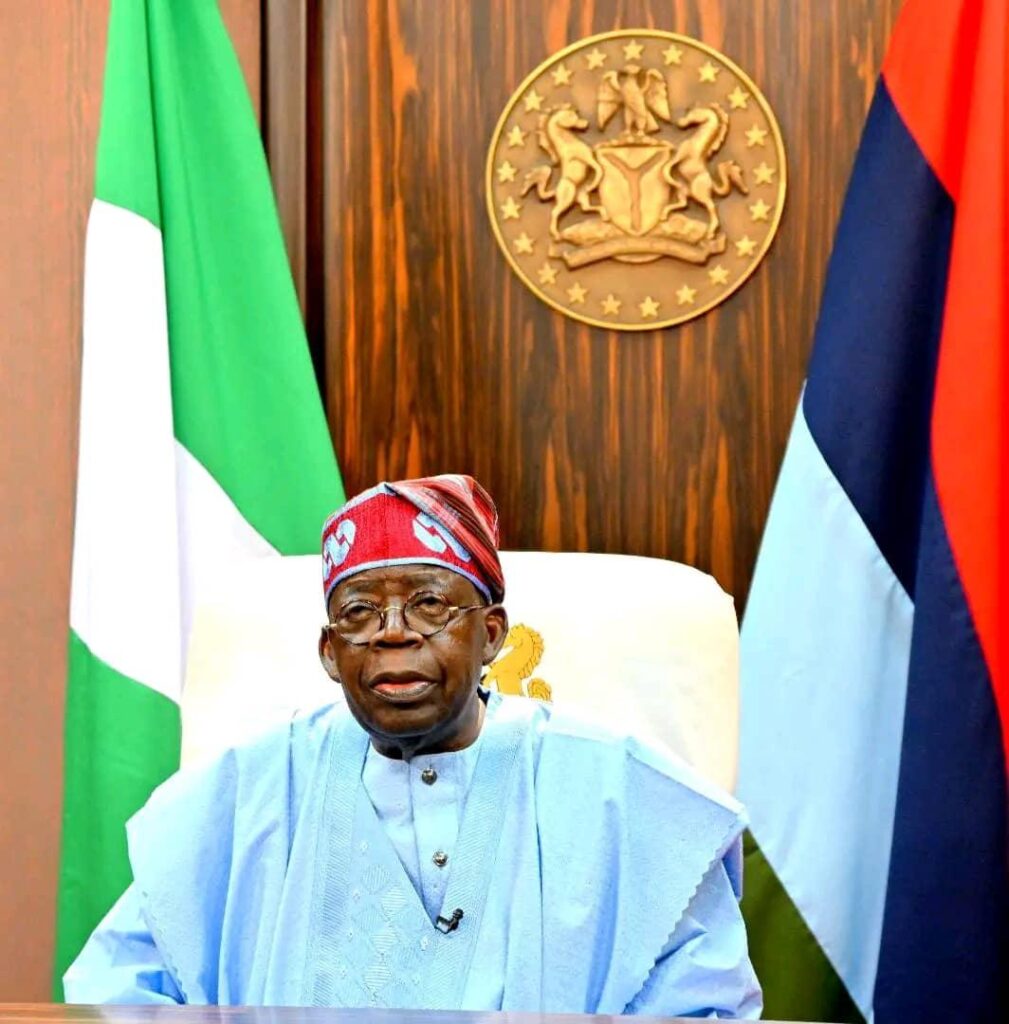
Fix the governance crisis around the rare earth metals
Nigeria has significant deposits of rare earth metals primarily in the form of rare earth-bearing minerals such as: (a) Monazite: The primary rare earth element (REE)-bearing mineral, rich in cerium, lanthanum, neodymium, praseodymium. Found in heavy mineral sands and as by-products of tin mining, especially in Plateau, Benue, Nasarawa, and Cross River states. (b) Xenotime: Anytterbium-rich phosphate mineral also containing REEs, largely unexploited. (c) Other related minerals include columbite–tantalite (with trace yttrium), zircon, bauxite (potential source of scandium), and titanium minerals like ilmenite and rutile. Significant geological REE zones include the north-central belt of Plateau, Nasarawa, and Benue, northwest zones such as Kaduna, Kebbi, and Niger, as well as coastal sands in Cross River and northeastern states like Taraba and Adamawa. Current rare earth extraction is mostly informal or small-scale, with monazite being the main focus. Nigeria produced an estimated 13,000 metric tons of rare earth oxides in 2024, placing it among the top 5 REE producers globally at that time due to these informal activities. The Nigerian government and private sector are beginning to invest in scaling and formalizing this sector, including a $400 million rare earth processing plant.
Roll out an ambitious social agenda
This agenda will be aimed at transforming Nigeria’s socio-economic landscape by creating opportunities, reducing poverty and inequality, and enhancing well-being for all citizens, particularly marginalized and vulnerable groups.
Conclusion
The year 2030 presents opportunities for Nigeria to turn the page and reimagine its future for the great leap as a nation. However, this will not come through wishful thinking but through strategic foresight and future-focused governance. The time to begin the heavy lifting starts at the 65th anniversary of Nigeria in 2025.
‘Each generation must discover its mission, fulfill it or betray it. ‘ – Martin Luther King Jr. The generation of those who enjoyed the privileges and the best that the Nigerian nation could provide must not destroy the bridge to prosperity for the coming and future generations.
Osawe writes from Jos, Nigeria.
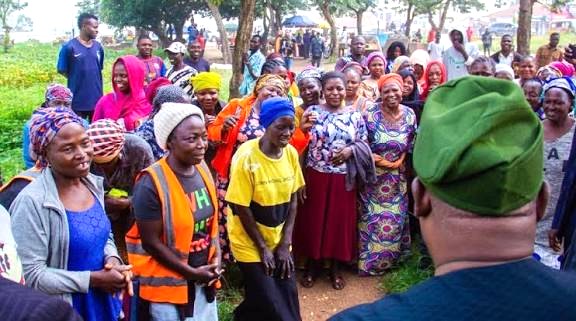
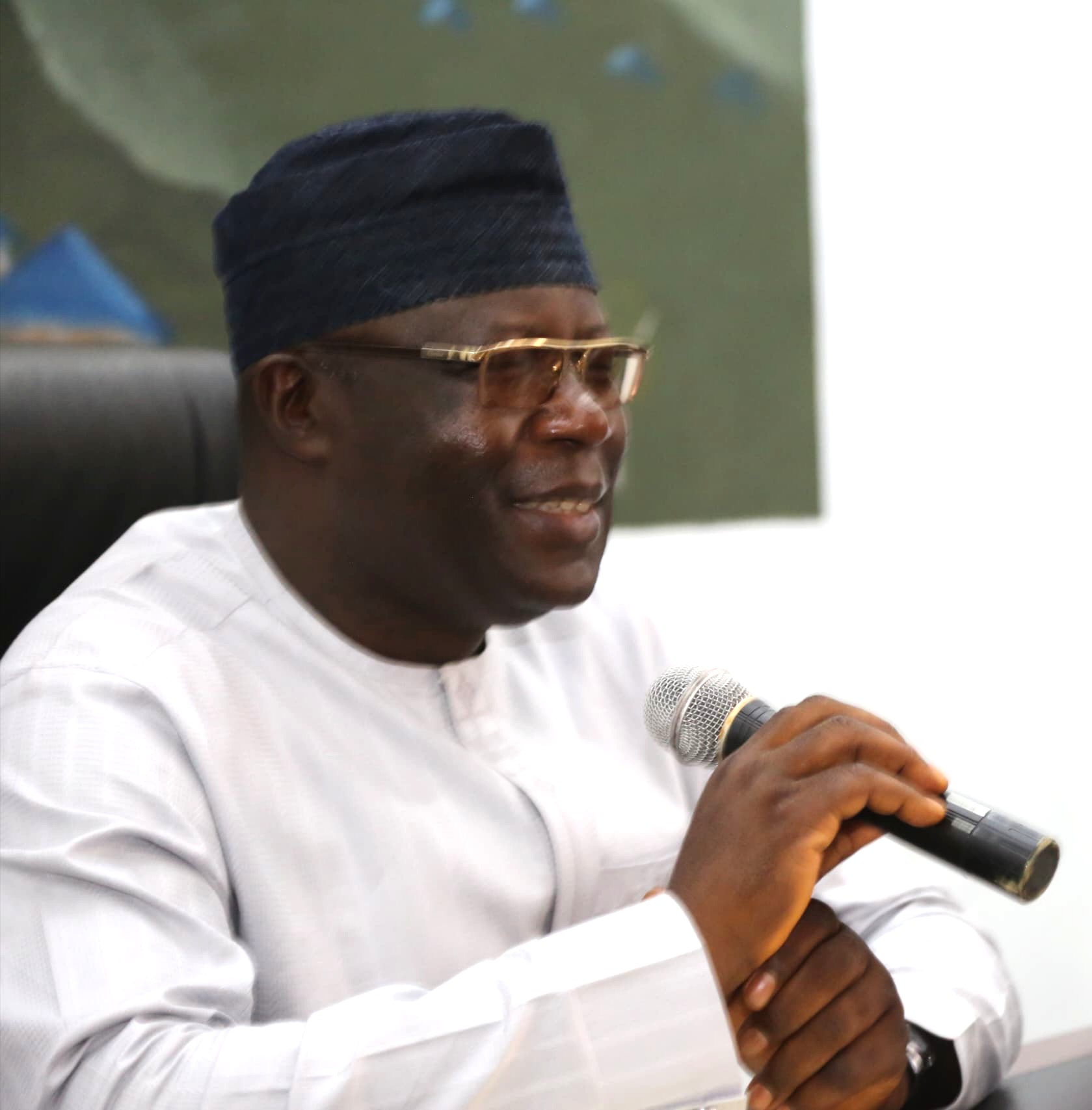
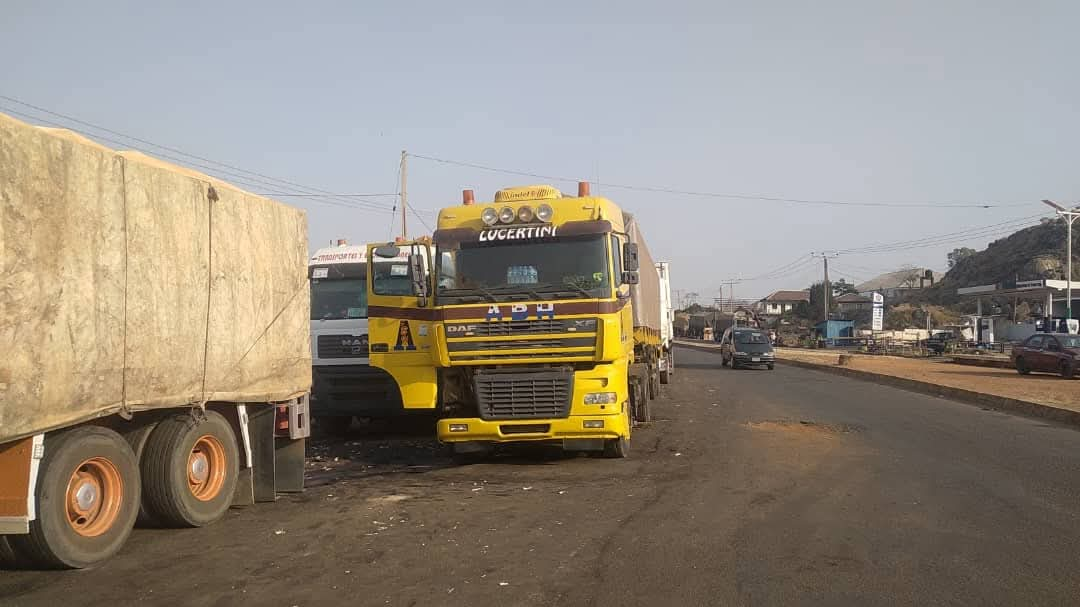
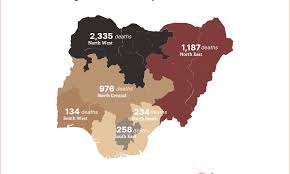
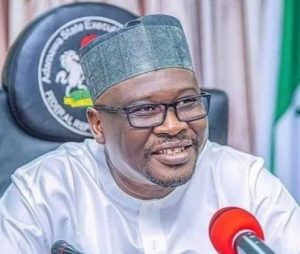
Post Comment